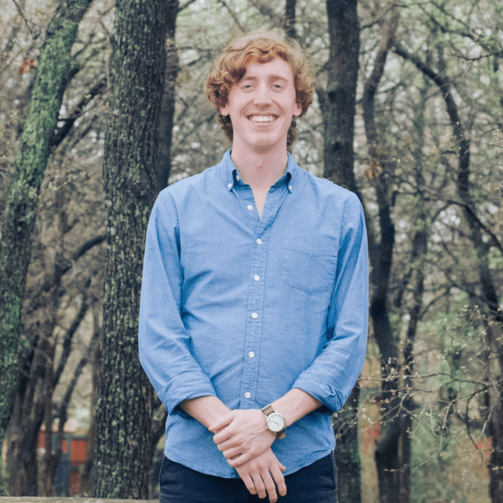Yes, Your Tactical Urbanism Project Can Save Lives, Too.
Want to better your community but don’t know where to start? Enter It’s the Little Things: a weekly Strong Towns podcast that gives you the wisdom and encouragement you need to take the small yet powerful actions that can make your city or town stronger.
It’s the Little Things features Strong Towns Community Builder Jacob Moses in conversation with various guests who have taken action in their own places and in their own ways.
At Strong Towns, we often write about how tactical urbanism—low-cost, low-risk intervention to create more productive places—is an essential element to a strong town.
And it makes sense: as cities address important yet complex goals, such as growing the local economy or creating more bike infrastructure, it’d be unwise to put all hopes (and monies) into a silver-bullet, top-down project.
Because if that go-big-or-go-home project fails—like this one and this one—or, despite receiving copious resources, doesn’t even break ground, the city digs itself into a deeper financial hole.
That’s why, through tactical urbanism, cities should introduce ideas to address issues in the community, growing and iterating on the idea based on how the community responds. It could take the form of a temporary bus lane, a community park in a parking space (I’m not joking), a local music scene.
For Austin Taylor, however, tactical urbanism meant more than creating productive places—it meant saving lives. As Austin wrote on Strong Towns, following the death of 15-year old Provo resident Caleb Lane, he and his peers at BikeWalk Provo knew they could use tactical urbanism to immediately make the street safer.
What followed is a lesson anyone who wants to #slowthecars can apply to make the streets in their own neighborhood safer. In this episode, Austin shares the story behind the tactical urbanism project and how you can do a similar project in your own neighborhood, including how to plan your intervention, how to get local government involved, and how to use your intervention to create lasting change.


